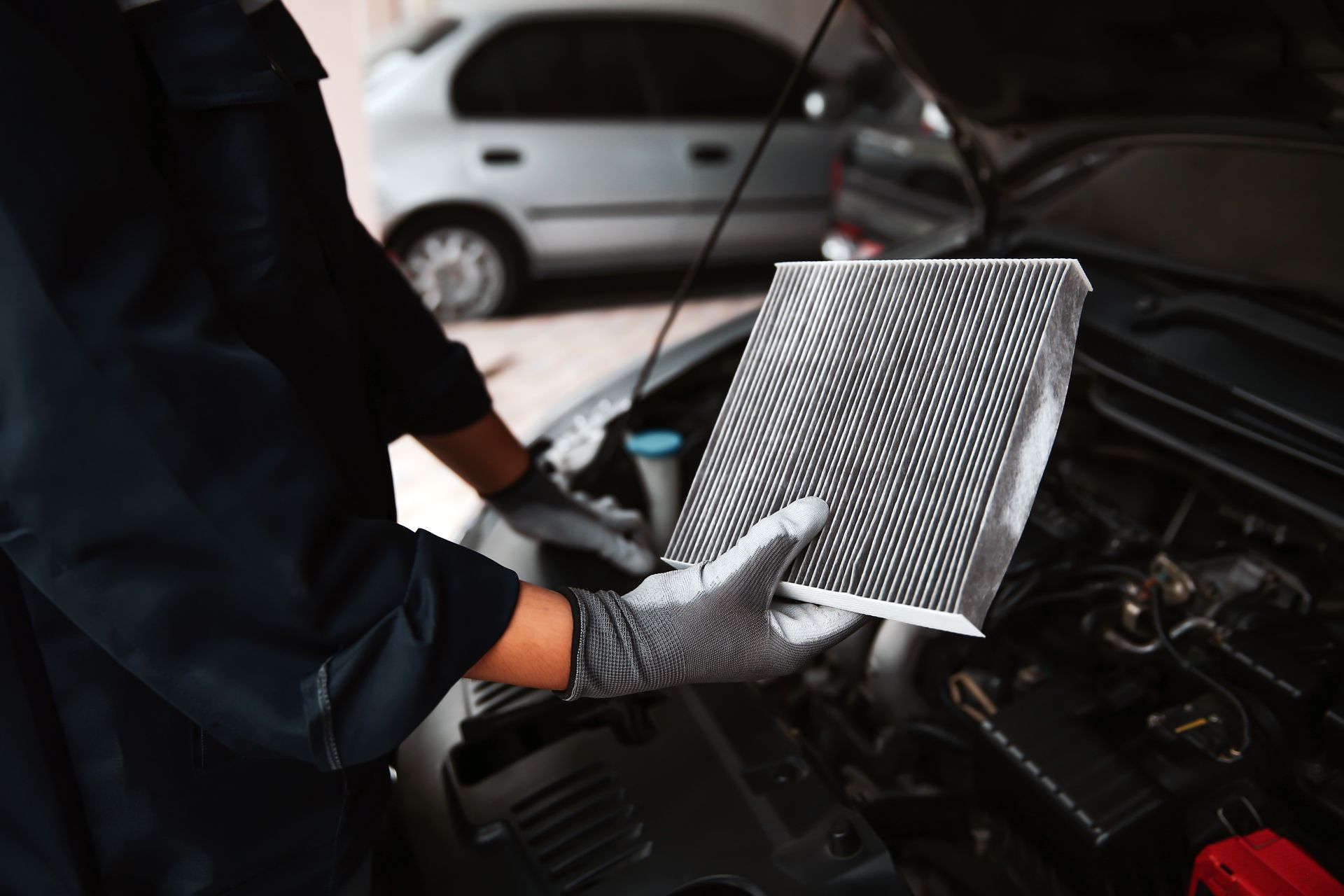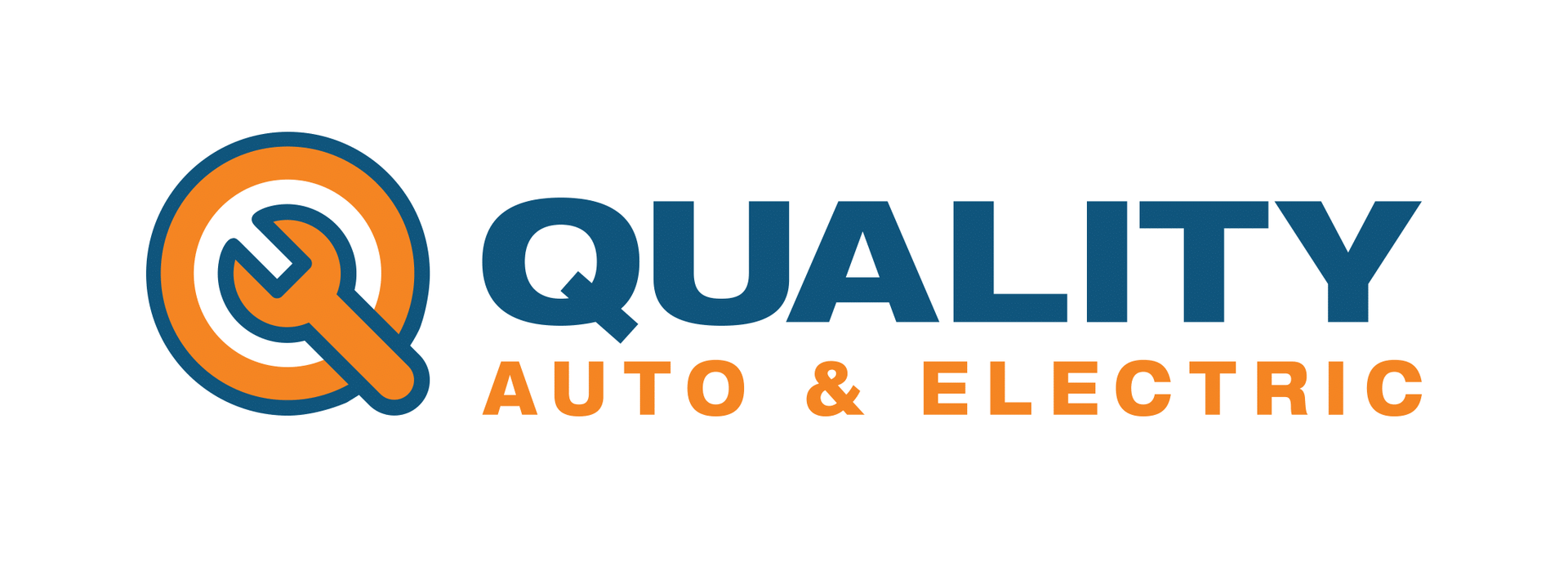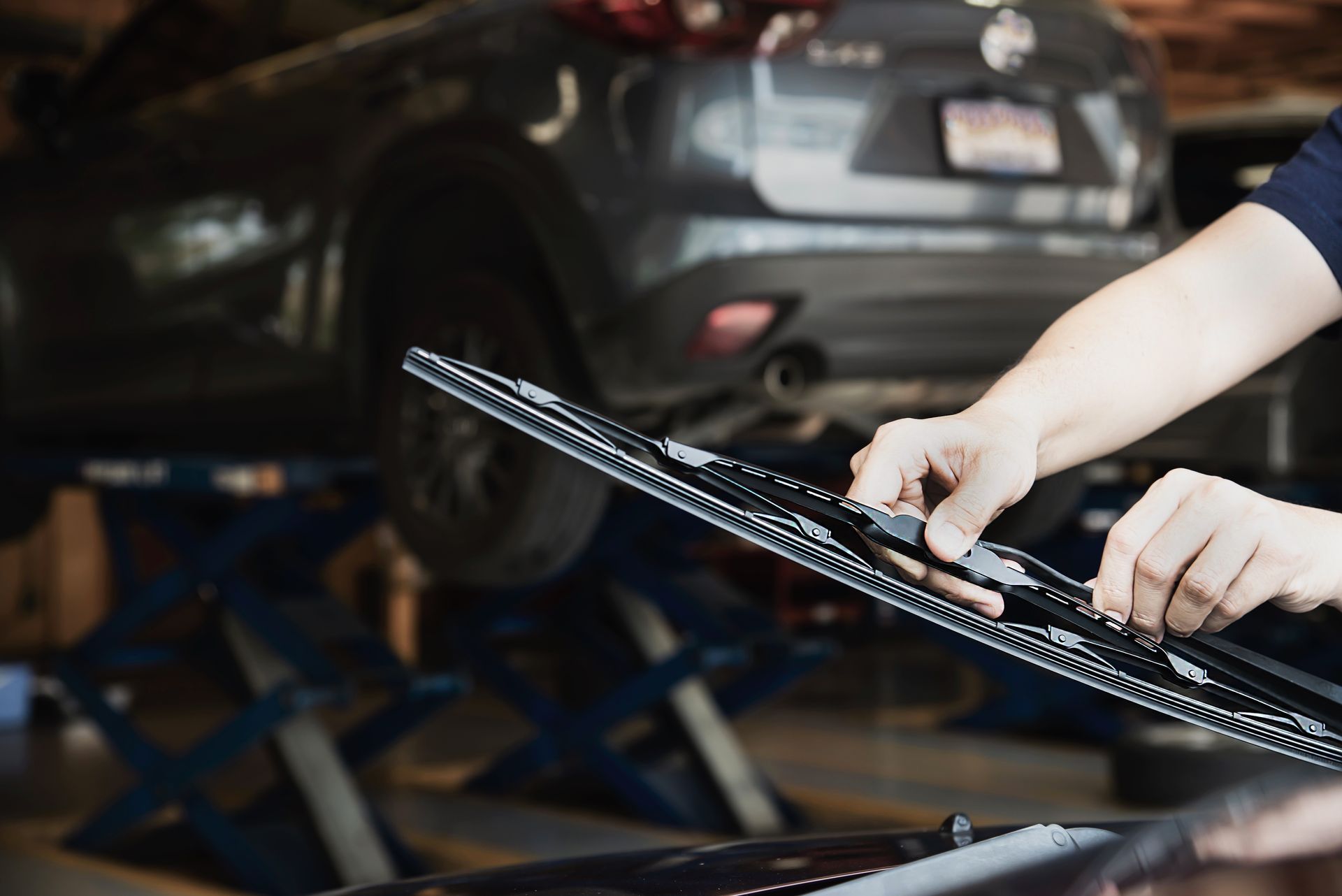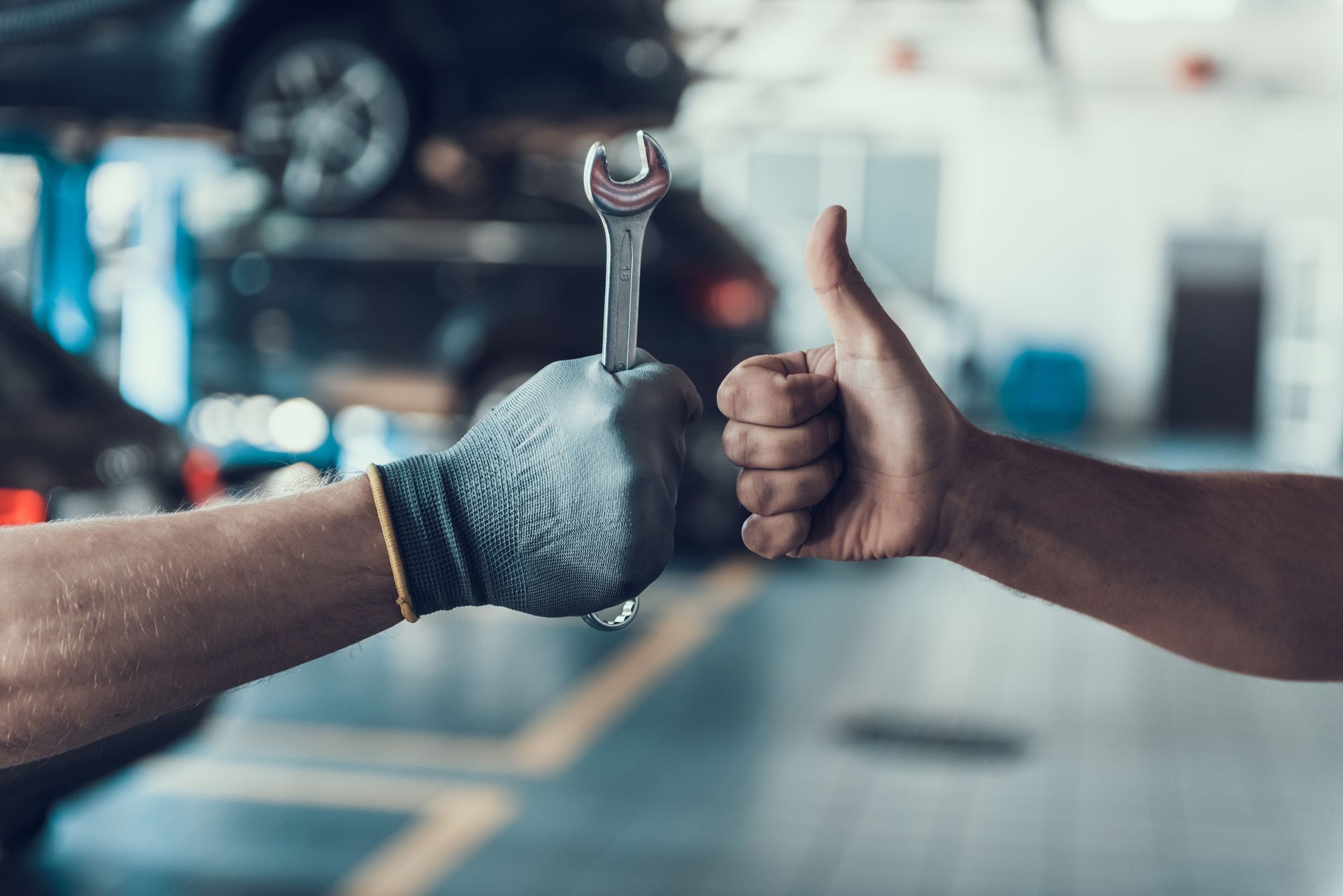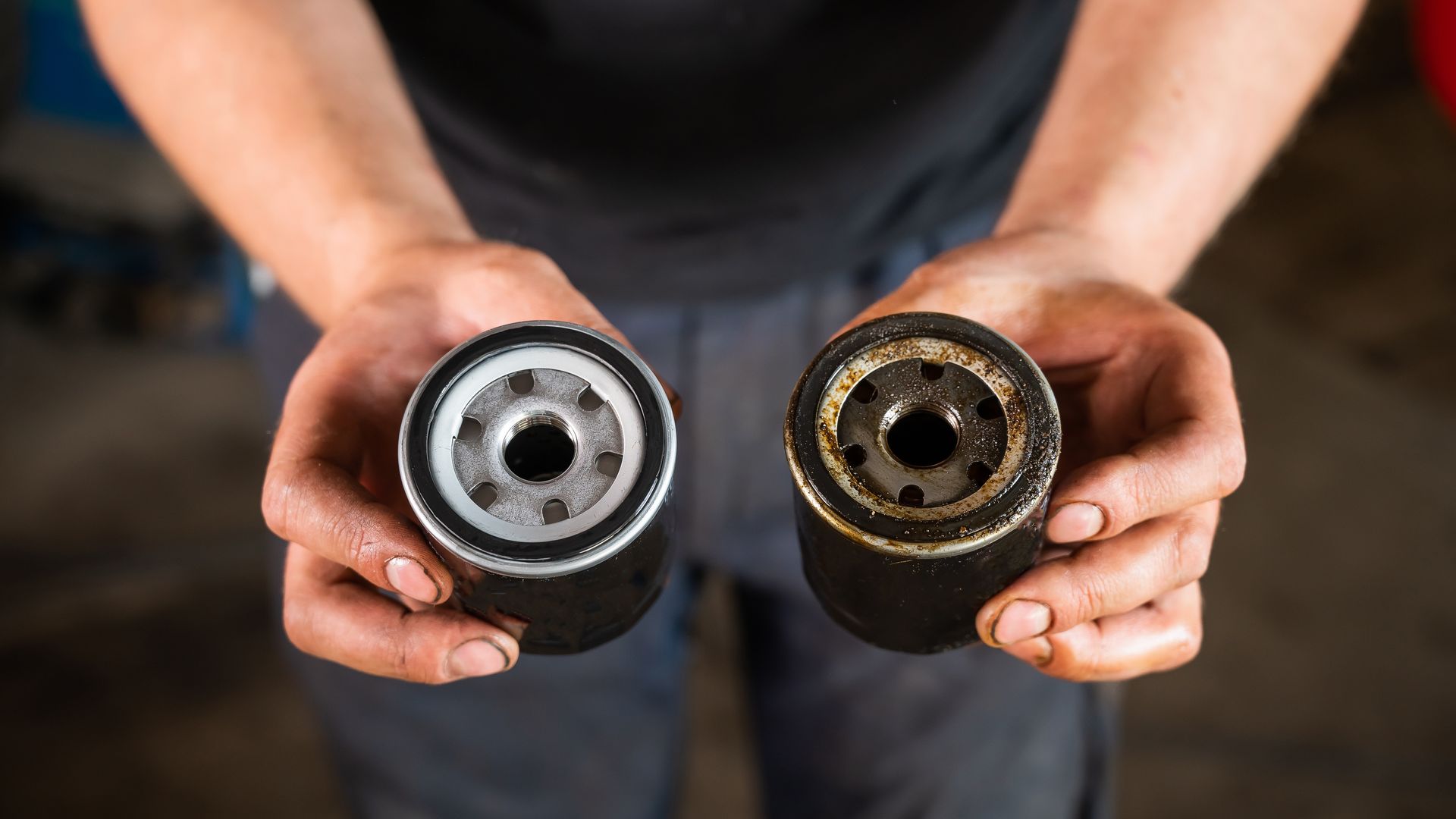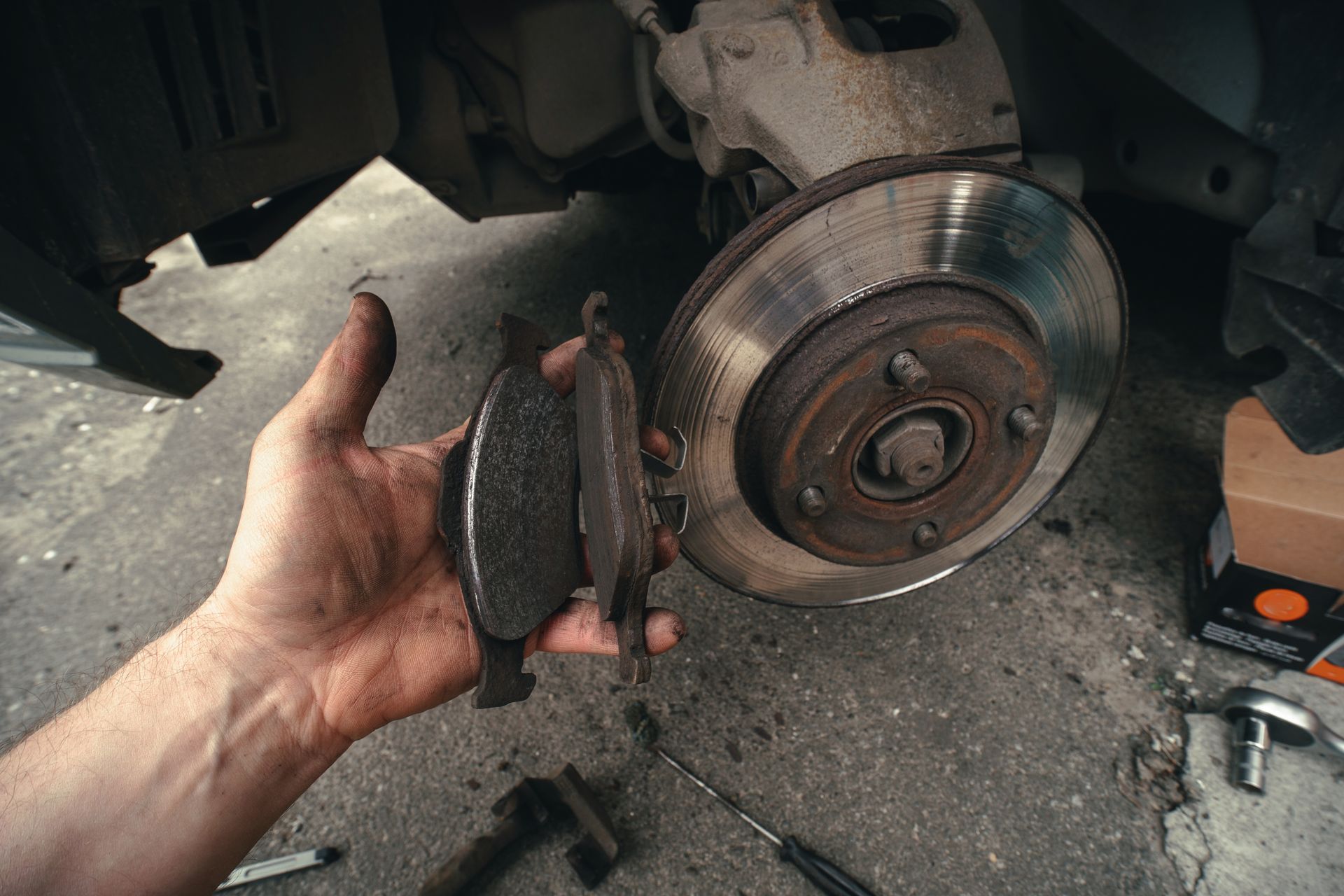Fuel Cost Reduction and Improving Fuel Mileage
We all remember the days when gas was less than $2.00 a gallon. Well those days are long behind us now and we now know the term “what goes up must come down” is a farce.
Gas prices are reaching all time highs and as busy as we all are today we need our vehicles more than ever. Here are some tips that can help increase mileage and reduce your overall fuel bill as much as 30%.
On the Road: Drive More Efficiently
- Slowing Down – According to the Department of Energy, slowing down from 65 mph to 55 mph can increase your miles per gallon as much as 15%.
- Remove Excess Weight and Accessories – An extra 100 pounds can reduce fuel mileage by 2%. Bicycle and ski racks add drag and this can cost you another 3% on the freeway.
- Cruise Control and Overdrive – Maintaining constant speeds and lowering RPMs will help conserve fuel.
- Air Conditioning and Other Accessories – Using your air conditioning and other accessories put additional loads on your engine, resulting in lower fuel economy. Only using them when you absolutely have to will save on fuel usage.
- Combining Errands – One longer trip on a warm engine is much better than several trips on a cold engine. Planning an efficient route will even save you more money at the pump.
- Avoid Long Idle Times and Aggressive Driving – In the summer you don’t need to warm your vehicle up, instead drive a little slower for the first couple of miles. Also, rapid acceleration and heavy braking can lower your gas mileage 3-5%.
At the Shop: Maintain Your Vehicle
- Oil Services – Clean oil reduces friction and dissipates heat, promoting better fuel efficiency. Using Synthetic Oils will increase fuel efficiency even more.
- Tire Maintenance – Improperly inflated tires alone can cost you as much as 7% in gas mileage, not to mention is a safety hazard. Make sure your tires are properly inflated, rotated and evaluated on a regular basis. Abnormal wear can be an indication of an alignment problem which will lower fuel economy even more.
- Fuel and Air Filters – Dirty and clogged filters can decrease engine performance, thus reducing gas mileage as much as 10%. Having them properly serviced can pay for themselves within 2-3 fill-ups.
- Tune-Ups – An improperly tuned engine will cause loss of power, increase in emissions and a decrease in fuel economy, up to 50%! Having the state of tune inspected regularly and following your Factory Maintenance Requirements will keep you on the road more and away from the costly gas pumps.
- “Engine Light” On – Your on-board computer is warning you of trouble and decrease in fuel mileage, 10-40% in most cases. Having your vehicle properly tested and repaired will not only save you in gas money but it will reduce premature aging and failure of some of your vehicle’s other critical systems and components.
Be Skeptical – Claims for devices that will “boost your mileage,” “improve your fuel economy,” or the like usually only provide marginal improvement at best. The Environmental Protection Agency has tested over 100 supposed gas-saving devices and found that very few provide any fuel economy benefits at all. For more information, go to www.epa.gov/otag/consumer.htm.
